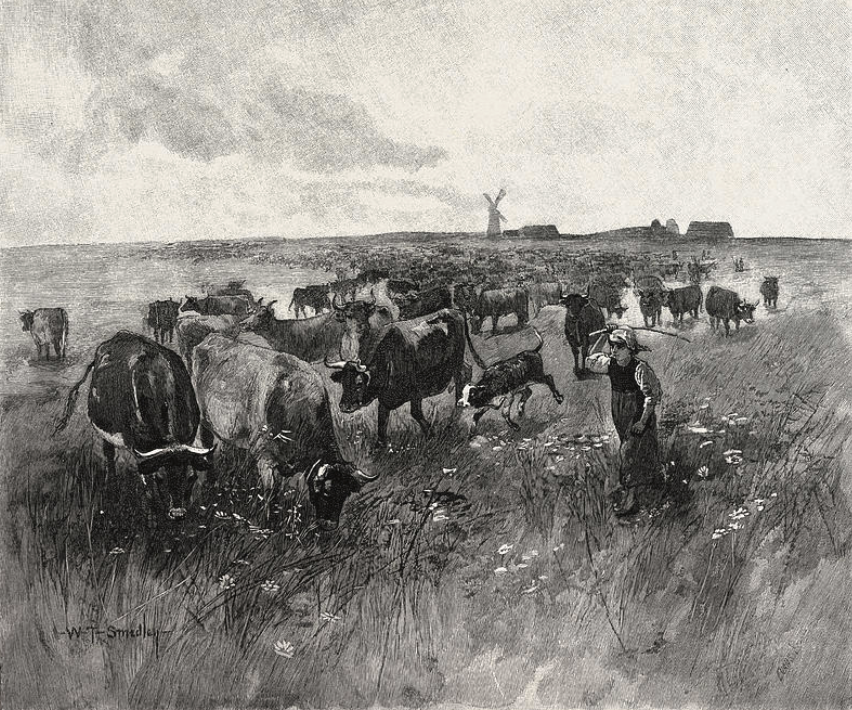
Subjects, Settlers, Citizens: The 1870s Mennonites in Historical Context
October 4–5, 2024
A Conference Hosted by the Centre for Transnational Mennonite Studies
at The University of Winnipeg
In 1874, the first of more than 7,000 Mennonites arrived in the newly-created province of Manitoba, in a migration that would continue through the end of the decade. Facing a broad program of government reforms that eliminated their status as privileged subjects, they had left imperial Russia in favour of settlement in Canada, which promised religious freedom and the opportunity to live according to traditional patterns.
This sesquicentennial conference considers the history and legacy of the “Kanadier” Mennonites, as they became known, from an interdisciplinary perspective. We invite contributions that: explore conditions that precipitated Mennonite emigration from imperial Russia in the 1870s; examine the nature of Mennonite participation in the settler-colonial project in Canada; and trace the evolution of Kanadier Mennonite culture, economies, politics, identity, and faith more broadly. Comparative analyses with other settler communities or those Mennonites who immigrated to the United States during the same period are welcome.
Topics could include:
- Indigenous-Mennonite engagement
- Mennonite-government negotiations in imperial Russia and Canada
- Citizenship, migration, and belonging
- Village life and community development on the East and West Reserves
- Gender relations
- Agricultural and environmental histories of the 1870s migrants
- Comparative and transnational approaches to migration history
- Past centennials and commemorations of the 1870s migration
The conference will be hosted by the Centre for Transnational Mennonite Studies (CTMS) at the University of Winnipeg and will also be live-streamed.
Proposal submission: February 15, 2024. Email a 100-word proposal and short CV (or questions) to Ben Nobbs-Thiessen, Chair in Mennonite Studies, University of Winnipeg (b.nobbs-thiessen@uwinnipeg.ca).
